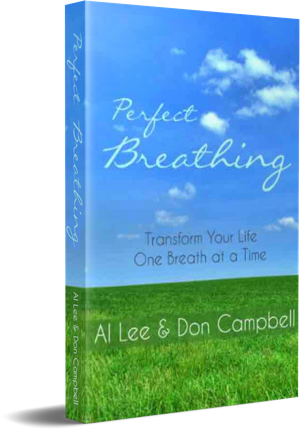A while back I heard a funny and yet disturbing term – “Email Apnea”, also called screen apnea. This term was coined by Linda Stone a few years ago after she noticed that she held her breath while opening emails. She also noticed that nearly everyone else that she observed was doing the same thing. In fact, the majority of people (possibly up to 80%) either hold their breath or perform shallow breathing when responding to email or texting.

Unfortunately, email apnea is not just limited to opening emails. It pervades nearly every aspect of our lives, from waiting to see who’s number comes up on caller-id when the phone rings to, to getting caught behind a slow driver when you are in a hurry, and we start holding our breath or shallow breathing, also called diaphragmatic breathing.
The other day, my laptop hard drive made it clear that it was in its death-throes. I had a fair amount of work on it that was not backed up. I quickly attached a back-up drive, which promptly informed me that it would take six minutes to copy the files. About 2 minutes in I realized that I had stopped breathing as I watched the seconds tick by – apparently thinking that suffocating myself would move those bits across the cable just a bit faster.

Once you begin to develop an awareness of your breath, you begin to notice more and more often the situations that cause you to hold your breath – and there are hundreds of them. In many cases not only is holding your breath counter-productive, but focusing on your breath can actually be extremely beneficial. That is why athletes, actors, musicians, and performing artists of all kinds integrate these techniques into their disciplines. Of course the breath is critical to providing energy to your muscles, but it also has a dramatic effect on your emotions, your ability to manage stress and anxiety, and it is also the doorway to that in-the-moment creative space referred to as the zone.
Have you heard of the Breathslim breathing device? Check out our review.
Develop an awareness of your breath. It will become a very powerful resource in those moments where you really need it and can dramatically impact your health, emotions, and physical performance. Once you begin to become aware of the moments and situations that are stealing your breath, you’ll realize that most of them make about as much sense as holding your breath when you open an email!
To learn more about all the deep breathing benefits, we wrote a book, “Perfect Breathing.” This book has everything you need to know about better breathing for anxiety and so much more.


